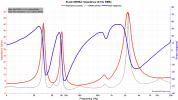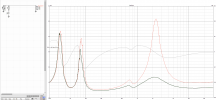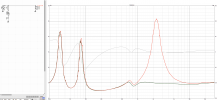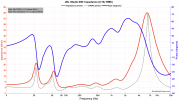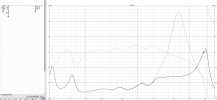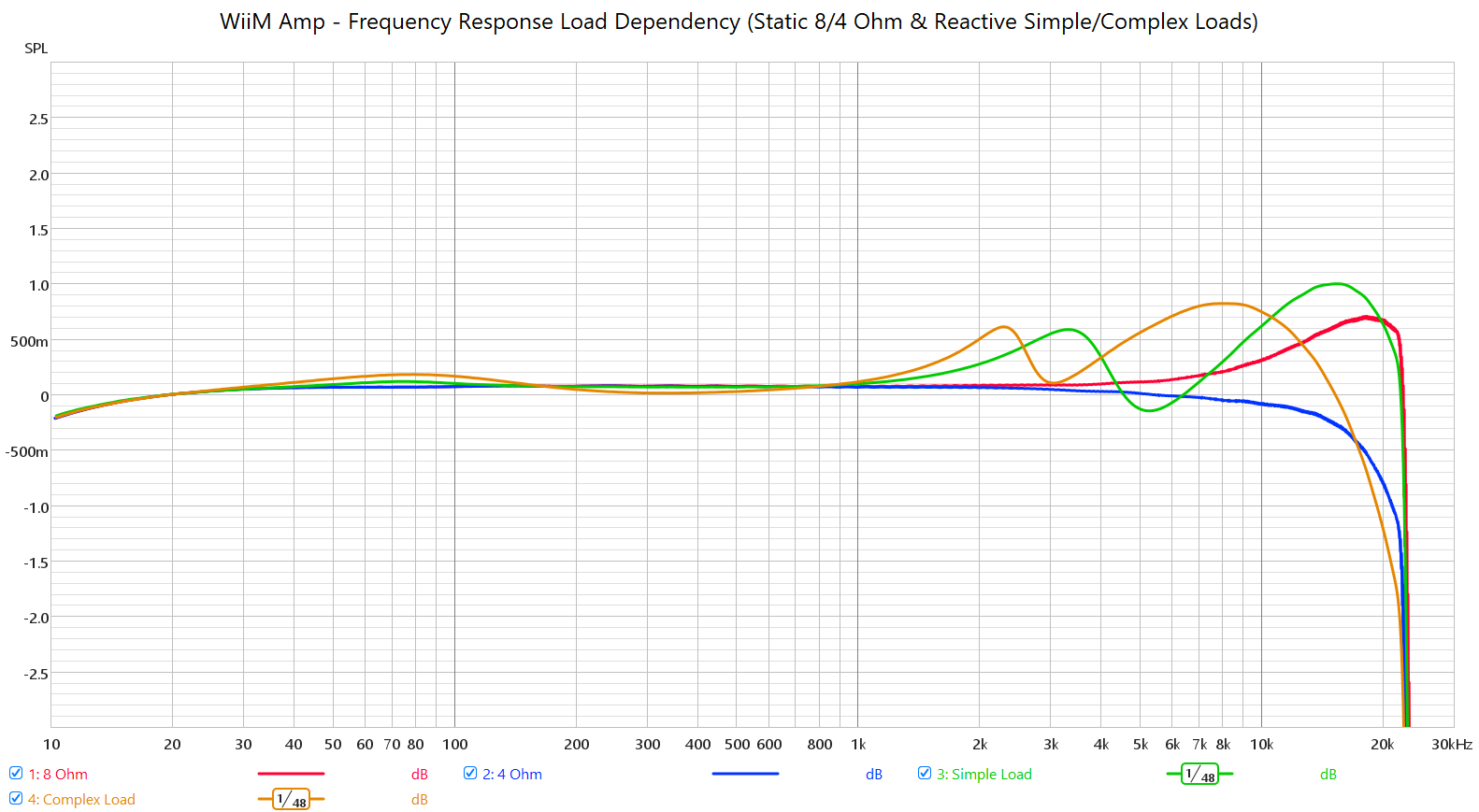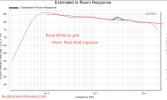Was pleasantly surprised today when I read the review of the WiiM Amp on Erin's website. Erin will be using two complex impedance profiles in all of his amplifier reviews in the future to measure their impact on the frequency response of the tested amplifiers.
My only criticism is that the impedance profiles, with two peaks around 70Hz and 1200Hz at 20 ohms impedance, seem a bit low:

To cover around 90% of speaker impedance, impedance profiles with peaks of around 60 ohms would actually be necessary - for example speaker with 67 Ohm peak at 62 Hz:

This would lead to significantly stronger effects on the frequency response of certain amplifiers than what is observed with only 20 ohms.
However, even with the impedance profiles used with 20 ohm peaks, the benefits of such measurements are evident. In the tested WiiM Amp. A 0.6dB SPL increase is observed in the presence range of 2-4kHz, which can result in an aggressive perceived sound:

When using speakers that have an impedance peak over 10 ohms in the frequency range of 1-4kHz (caused by the crossover), it would be advisable to perform impedance equalization (RLC circuit parallel to the speaker terminal) in this frequency range for roughly $20 when using such an amplifier to avoid this kind of FR change.
Such impedance equalization can be easily performed individually for each speaker model for which impedance measurements are available, using tools like VCAD. Which in turn leads to amplifier frequency responses as measured with the typical constant loads of 4 or 8 ohms. So the speaker can typically be used with the amplifier without significant loss of sound quality.
My only criticism is that the impedance profiles, with two peaks around 70Hz and 1200Hz at 20 ohms impedance, seem a bit low:
To cover around 90% of speaker impedance, impedance profiles with peaks of around 60 ohms would actually be necessary - for example speaker with 67 Ohm peak at 62 Hz:
This would lead to significantly stronger effects on the frequency response of certain amplifiers than what is observed with only 20 ohms.
However, even with the impedance profiles used with 20 ohm peaks, the benefits of such measurements are evident. In the tested WiiM Amp. A 0.6dB SPL increase is observed in the presence range of 2-4kHz, which can result in an aggressive perceived sound:
When using speakers that have an impedance peak over 10 ohms in the frequency range of 1-4kHz (caused by the crossover), it would be advisable to perform impedance equalization (RLC circuit parallel to the speaker terminal) in this frequency range for roughly $20 when using such an amplifier to avoid this kind of FR change.
Such impedance equalization can be easily performed individually for each speaker model for which impedance measurements are available, using tools like VCAD. Which in turn leads to amplifier frequency responses as measured with the typical constant loads of 4 or 8 ohms. So the speaker can typically be used with the amplifier without significant loss of sound quality.

